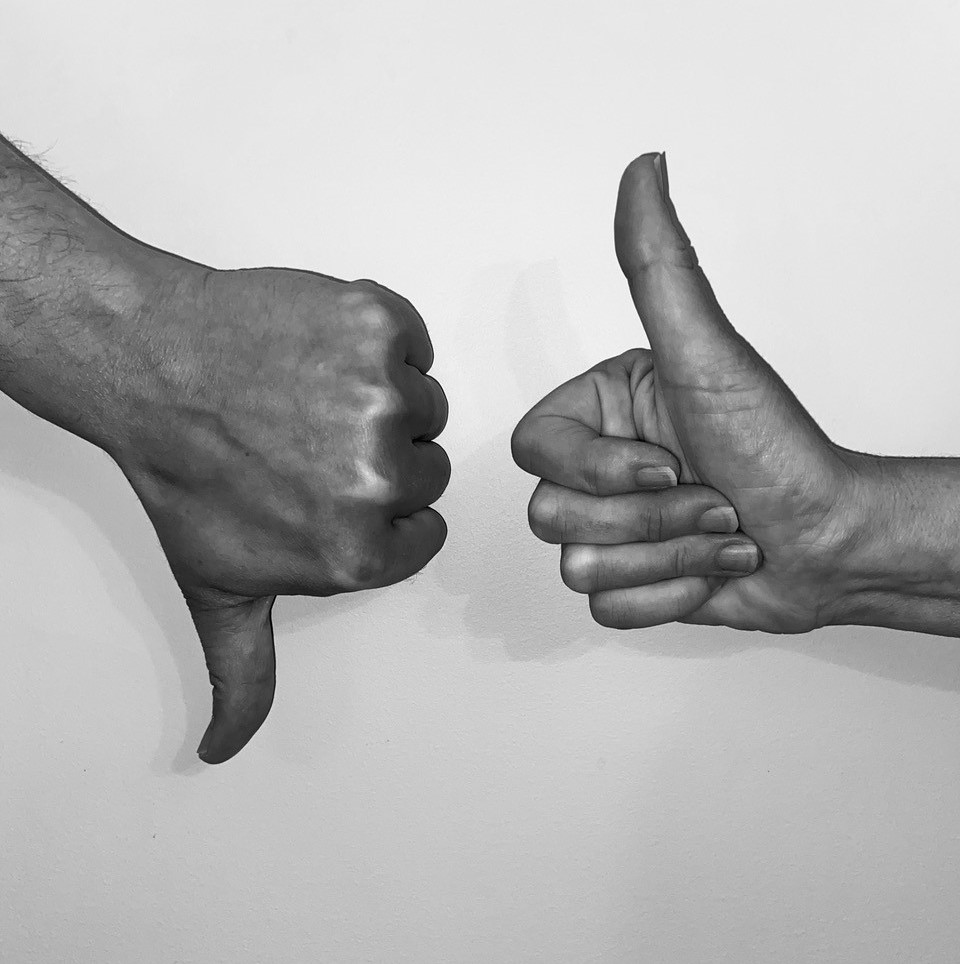
The Liberals kept their word on heavy spending during the early days of the pandemic and are on track to pay it down to a prudent and shrinking budget deficit.
Expect deficit changes after the Liberal/NDP collaborated budget
By Jerrison Oracion, Senior Columnist
After Bill Morneau stepped down as the Minister of Finance in the summer of 2020 when he was involved in the WE Charity controversy, Prime Minister Justin Trudeau tapped his Deputy Prime Minister Chrystia Freeland for double duty in the newly opened role. This makes her the first woman to be the Minister of Finance in Canadian history. Before and after that, the country’s deficit went significantly up when the Coronavirus pandemic led to the federal government offering relief services, programs, and grants to anyone that is impacted by the pandemic. Add the current supply chain crisis and the invasion of Ukraine and inflation has impacted everything from food to housing.
Following the Federal Election last fall, it was unknown if the Liberal Party’s minority government would last for a full election cycle. Just before Freeland presented the Federal Budget this year in person at the House of Commons, Trudeau was able to get a supply and confidence deal with NDP leader Jagmeet Singh which could help the Liberal Party stay in power until 2025.
While the speech was shown in its entirety on CPAC, some plans which were aligned with the NDP’s values were not said in the speech but mentioned in the budget book. One such idea by the NDP is funding for dental care beginning with anyone 12 years and younger in households with an income of less than $90,000 and every one by 2025.
The speech began with Freeland summarizing the government’s handling of the pandemic so far, they kept their word on heavy spending during the early days of the pandemic and are on track to pay it down to a prudent and shrinking budget deficit. They were also able to recover all of the jobs that were lost at the beginning of the pandemic with three million jobs and also created new jobs almost getting the unemployment rate back to what it was pre-pandemic at 5.5 percent.
Housing was one of the key topics in the speech where they reiterated their promise to build more affordable housing by investing in building them faster. The housing plan also includes a tax credit and tax-free savings account for anyone that is buying a house for the first time, as well as banning foreign buyers from buying a house in the country for two years. Freeland then recapped the success of the federal government being able to have an agreement with all of the provinces to offer $10 a day child care cutting fees in half to end the burden of mothers deciding, “to choose between motherhood and a career.”
The environment is not only a Canadian issue but also a world issue. Freeland announced more funding on rebate programs to encourage more people to get electric vehicles—which are starting to be more available and affordable—the building of EV charging stations, factories to build the cars and their batteries, and green electricity plus carbon-capturing technology through an investment fund.
The current Russian invasion in Ukraine led to Freeland announcing that $8 billion will go towards additional funding for the armed forces to make sure that the country is ready when its defence forces are needed.
The Federal Budget this year is described by Freeland as a “feminist economic policy,” but I think it’s also a platform that the federal government would do if Singh was the Prime Minister with Trudeau and the Liberals in a supporting role.


